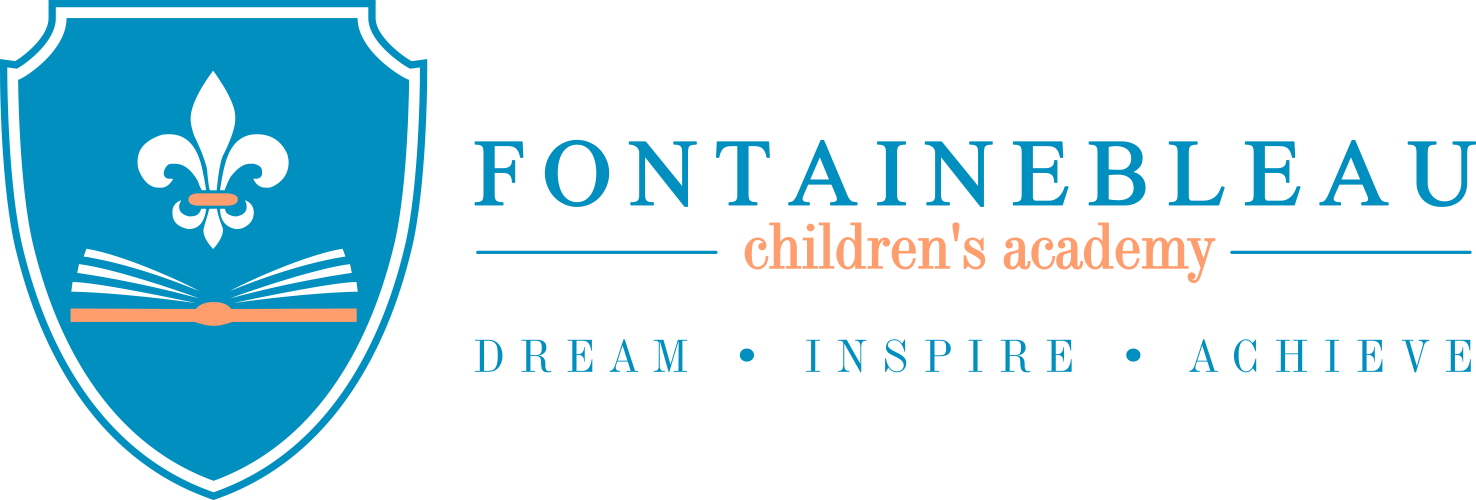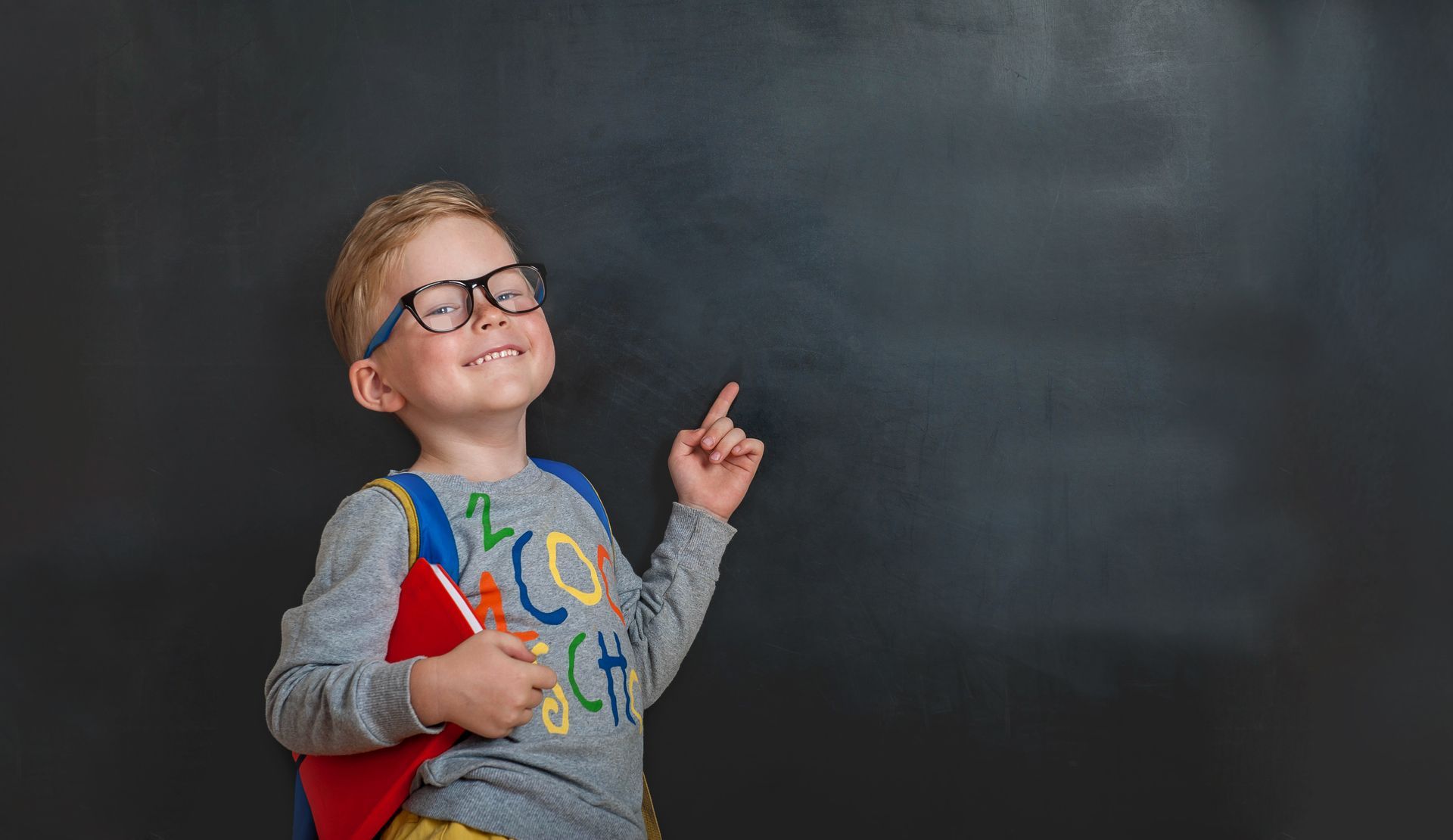The early years of a child's life are not just a time of incredible growth but also a period when the foundation for their future learning and development is laid. This stage, often centered around preschool education, is critical for introducing children to the building blocks of learning. These foundational elements go beyond the mere acquisition of knowledge; they are about cultivating a mindset, skills, and attitudes that pave the way for lifelong learning and success.
Curiosity: The Spark of Lifelong Learning
Curiosity is the natural desire to learn and know more about the world. In the early years, fostering curiosity involves creating an environment that encourages children to explore, ask questions, and seek answers. This can be as simple as providing a variety of materials for free play or as structured as guided science experiments. The key is to make these experiences engaging and open-ended, allowing children to follow their interests and discover the joy of learning.
Language and Communication: The Tools for Expression
Language development is another crucial building block of learning. Through stories, songs, and conversations, children learn to communicate, express their ideas, and understand others. This development is vital not only for literacy but also for social interaction and emotional expression. Encouraging children to articulate their thoughts and feelings builds confidence and helps them develop strong communication skills that are essential throughout their lives.
Socialization: Learning to Live and Work with Others
Preschool is often the first setting where children extensively interact with peers outside their family. This socialization teaches them invaluable skills such as cooperation, sharing, empathy, and conflict resolution. Learning to navigate social situations and build relationships with others is a fundamental aspect of personal and professional success. Through play and collaborative activities, children learn the importance of teamwork and respect for diversity, laying the groundwork for positive social interactions in the future.
Cognitive Skills: The Framework for Problem Solving
Early education plays a pivotal role in developing basic cognitive skills like attention, memory, and problem-solving. Through puzzles, games, and everyday challenges, children learn to focus, recall information, and think critically. These cognitive skills are the building blocks for academic learning, enabling children to tackle more complex subjects and problems as they advance in their education.
Creativity and Innovation: Fostering Original Thinking
Creativity is not just about art and music; it's a way of thinking that encourages originality and innovation. In the early years, creativity can be nurtured by providing opportunities for imaginative play, artistic expression, and experimentation. This not only enhances cognitive flexibility and problem-solving skills but also encourages children to see the world from different perspectives and find unique solutions to problems.
Emotional Regulation: The Key to Resilience
Learning to manage emotions is a critical skill that supports all other learning. Preschool provides a safe environment for children to experience a range of emotions and learn appropriate ways to express and regulate them. Developing emotional intelligence helps children navigate challenges, build resilience, and engage in learning with confidence.
In conclusion, the building blocks of learning established in early childhood education are multifaceted, extending beyond academic preparation to include social, emotional, and physical development. These foundational skills and mindsets are crucial for lifelong learning and success. By investing in early education that supports these diverse aspects of development, we are giving children the tools they need to build a bright future.




